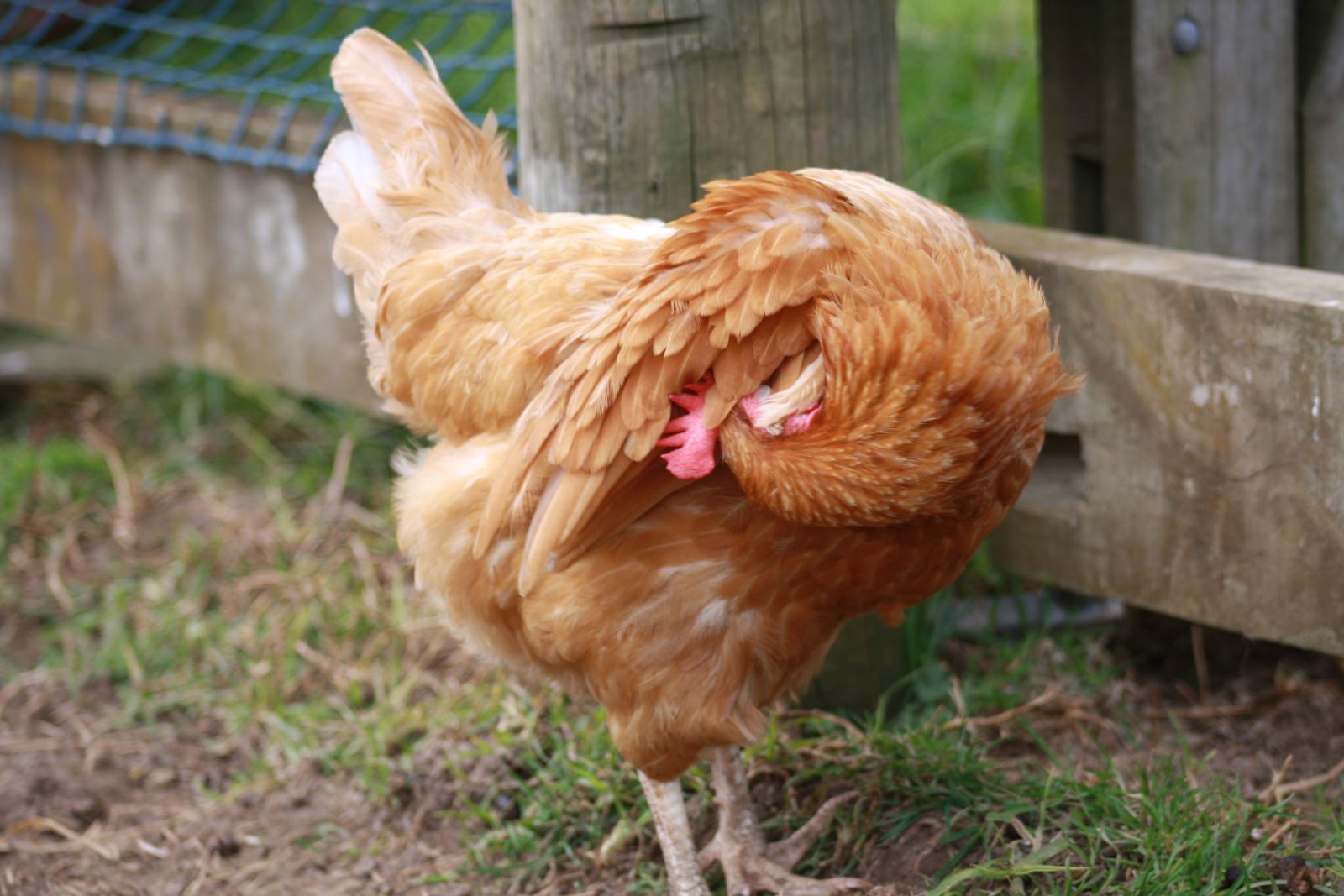 How often you clean your chicken coop depends on many things. The enclosure size or structure, how many chickens you have and what you feed your chickens all contribute to how fast your chickens’ enclosure becomes dirty. Old food and a build-up of droppings can make your chickens very ill, so it is very important to always keep your chickens’ environment clean and hygienic.
How often you clean your chicken coop depends on many things. The enclosure size or structure, how many chickens you have and what you feed your chickens all contribute to how fast your chickens’ enclosure becomes dirty. Old food and a build-up of droppings can make your chickens very ill, so it is very important to always keep your chickens’ environment clean and hygienic.
Daily:
As a rule, every morning when you feed your chickens, always:
- Clean the food dish/ feeder and place new, fresh food in.
- Scrub the water dish and refill with fresh water.
- Remove any dropped vegetables or fruit as they can start to rot and make your chickens very ill.
- Remove any areas of wet litter and replace with dry wood shavings.
Weekly:
- Replace soiled straw in all nest boxes if needed.
- Top up any thin areas of litter, or areas that are heavily soiled.
As you clean your chicken coop, try to clean around your chickens as quietly as you can. Never corner them, and allow them to seek shelter by making slow, predictable movements. When you need to do a full clean of their enclosure, move your chickens into a different area or allow them to free range in a safe area, so you don’t stress them too much.
Chickens are particularly sensitive to chemicals, so always check that your family has a pet friendly disinfectant that is safe to use in your chickens’ living areas. It’s best to use just water and a scrubbing brush for daily cleaning, and only use pet safe disinfectants when they are definitely needed (e.g. when doing a full clean of the chicken coop). A high-powered hose can be good for blasting any droppings that have hardened.
Once or twice a year, the whole chicken coop should be cleaned thoroughly. This is a big job and you will most certainly need the help of an adult or two. Here are a few of the things that should be done during the full clean:
- Move your chickens into a different area or allow them to free range in a safe area, so they are well away from any cleaning products and so you don’t stress them too much.
- Remove all litter that lines the ground of your chicken coop. This can be dirty work! Wear gloves and a dust mask to help prevent you from inhaling dust.
- Hose the base and walls of the chicken coop. A high-pressure hose will blast any stubborn droppings and remove dirt.
- Allow the coop to dry out in the fresh air and sun.
- Ask an adult to spray on a chicken safe disinfectant. Disinfectants only work on clean surfaces, so it is important that you have removed all the dirt.
- All perches should be removed and scrubbed thoroughly.
- If your chicken coop is infested with mites, this is a good time to ask an adult to use a spray (known as an insecticide) to kill the mites. This will help keep your chickens healthy.
- Again, allow your chicken coop time to re-dry in the fresh air and sun.
- Replace the base of the coop with fresh litter, approx. 10cm deep.
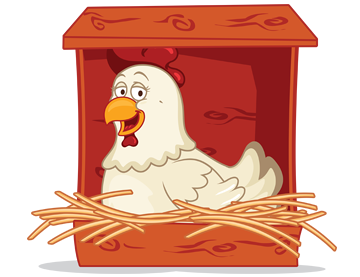





















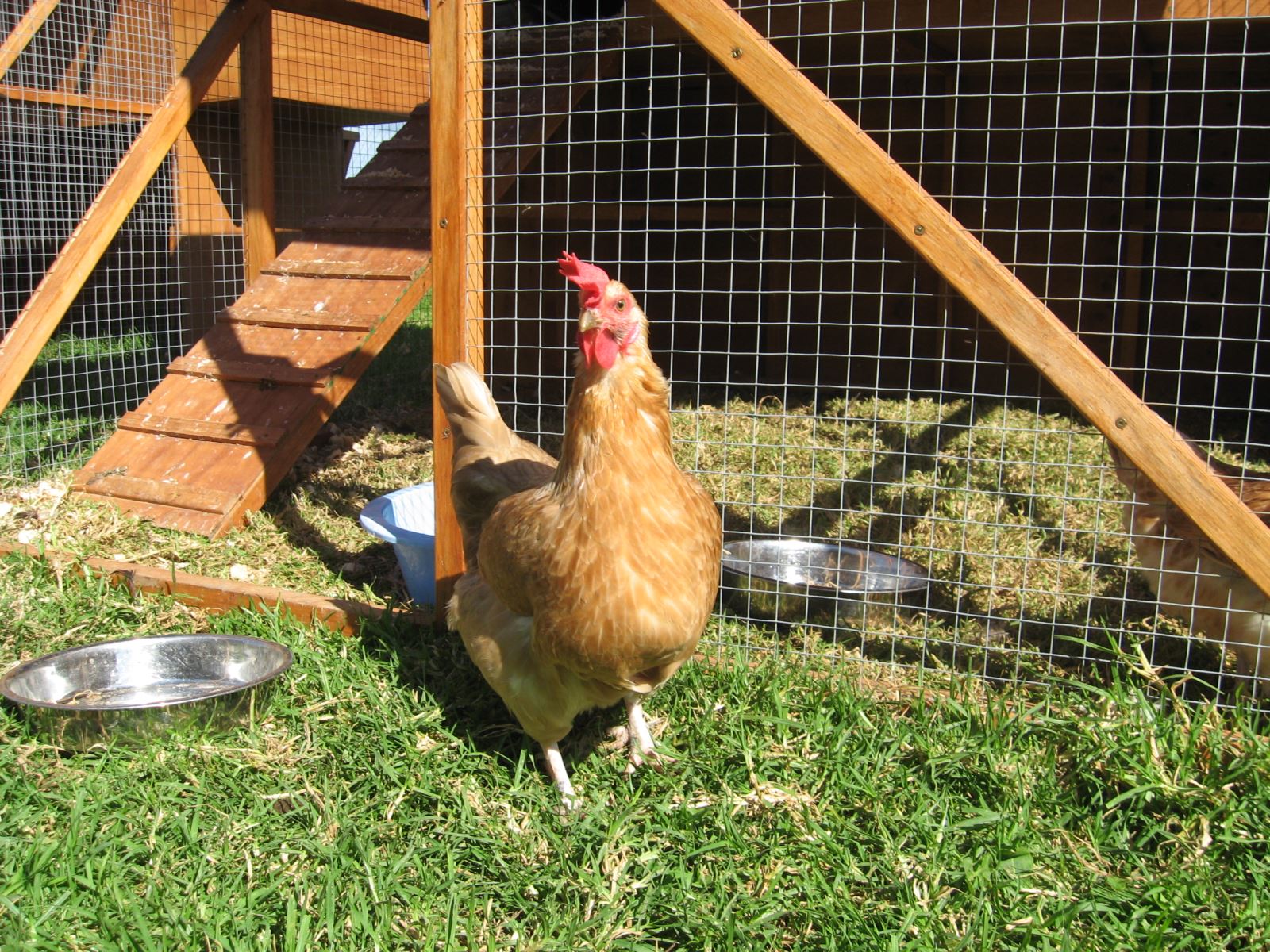
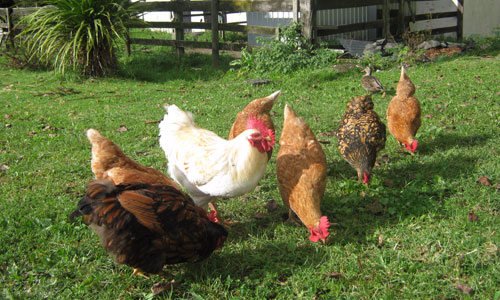
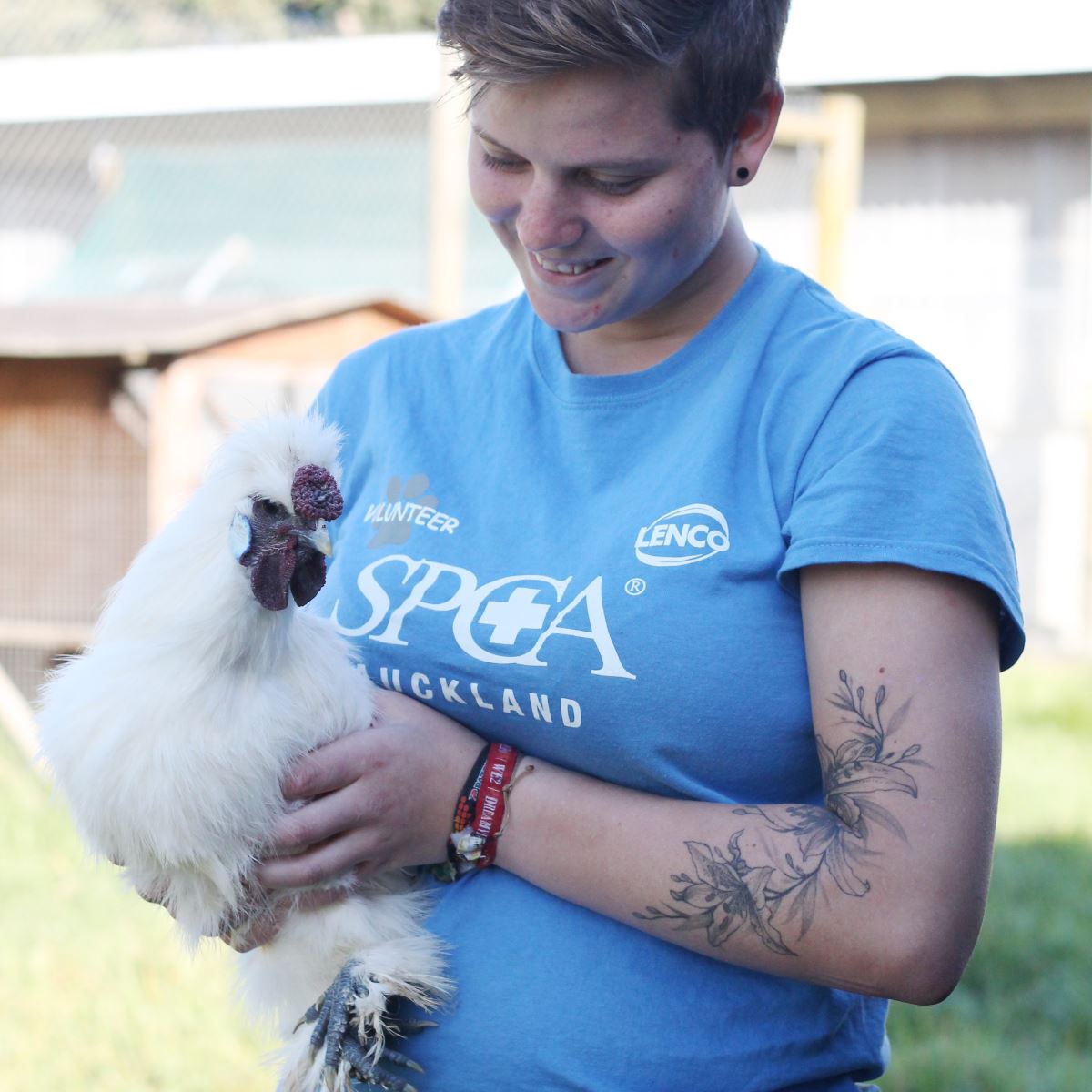
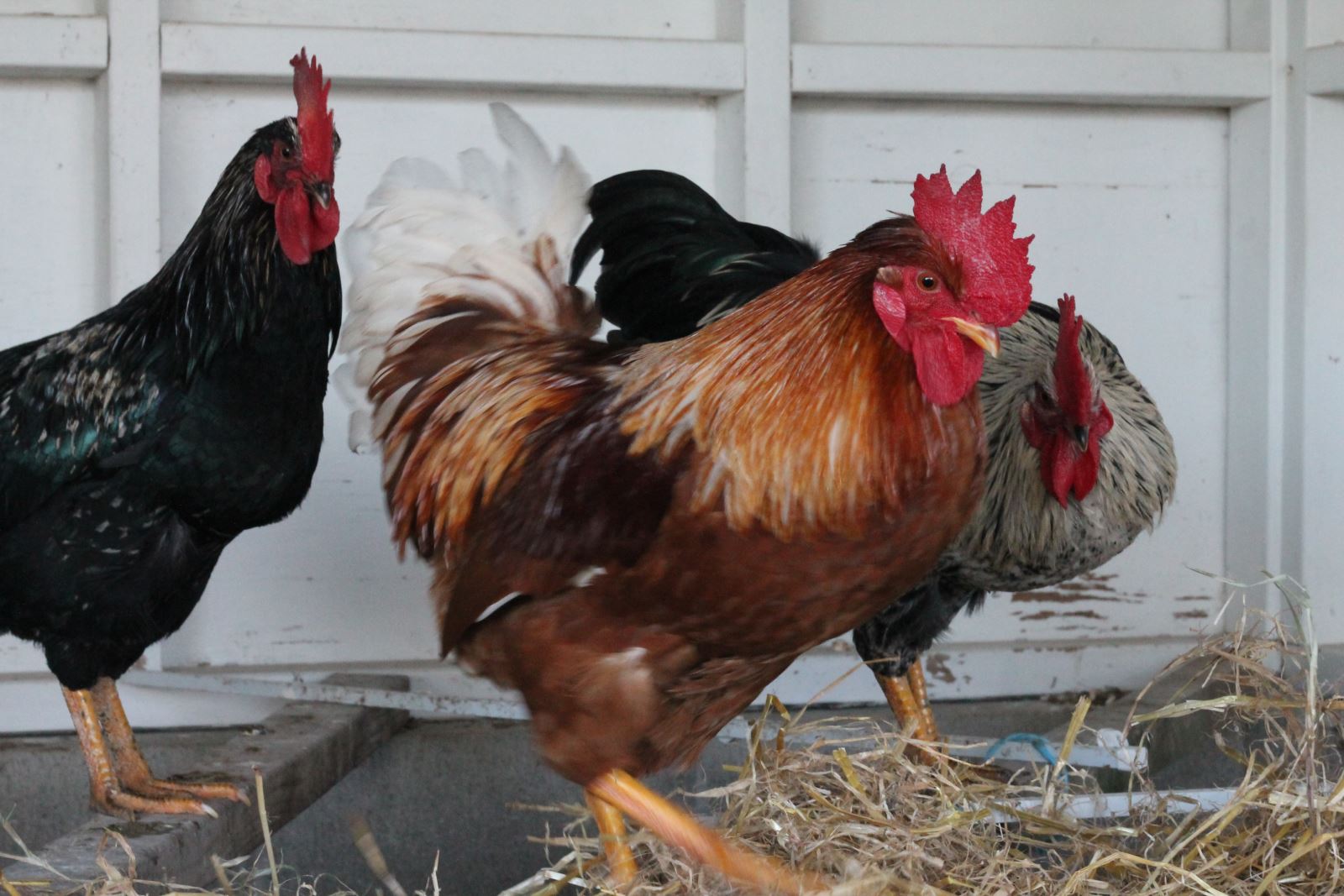
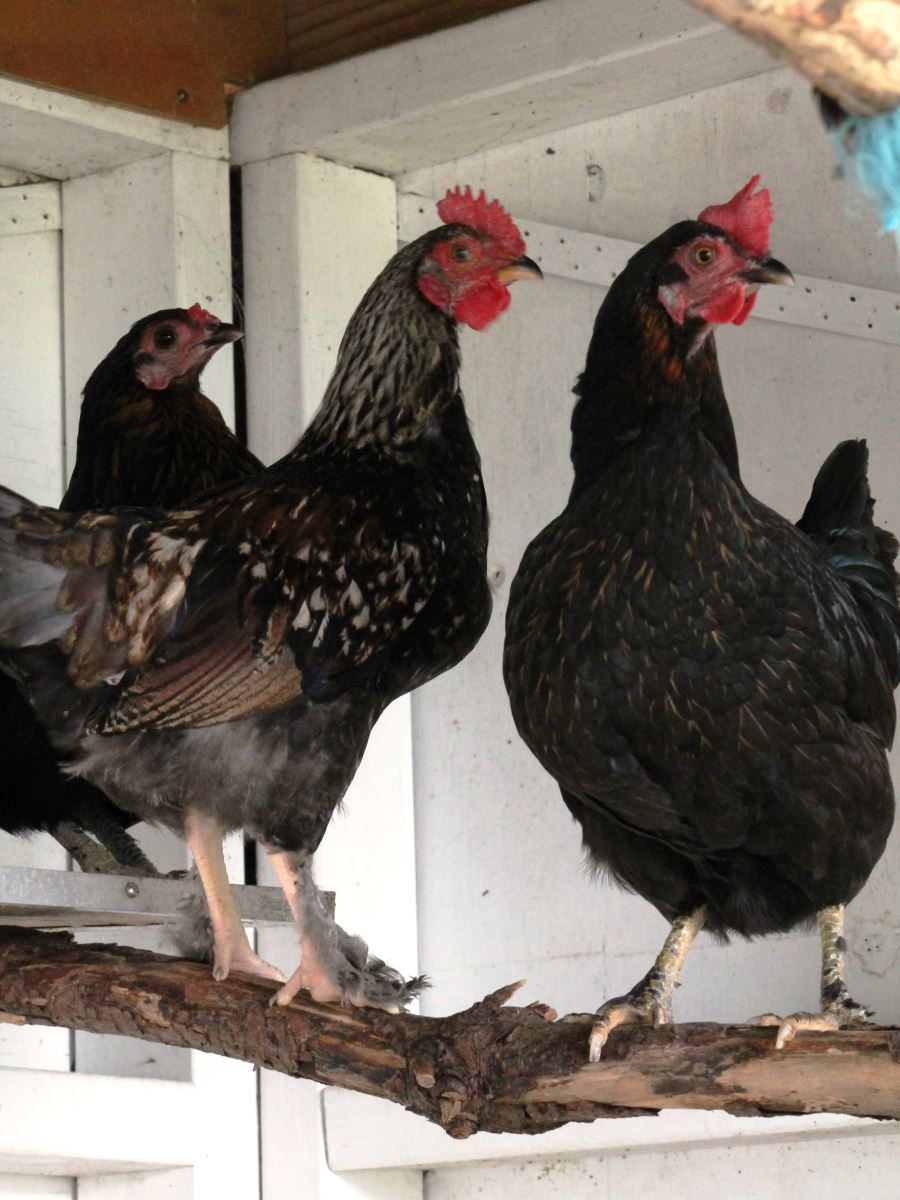

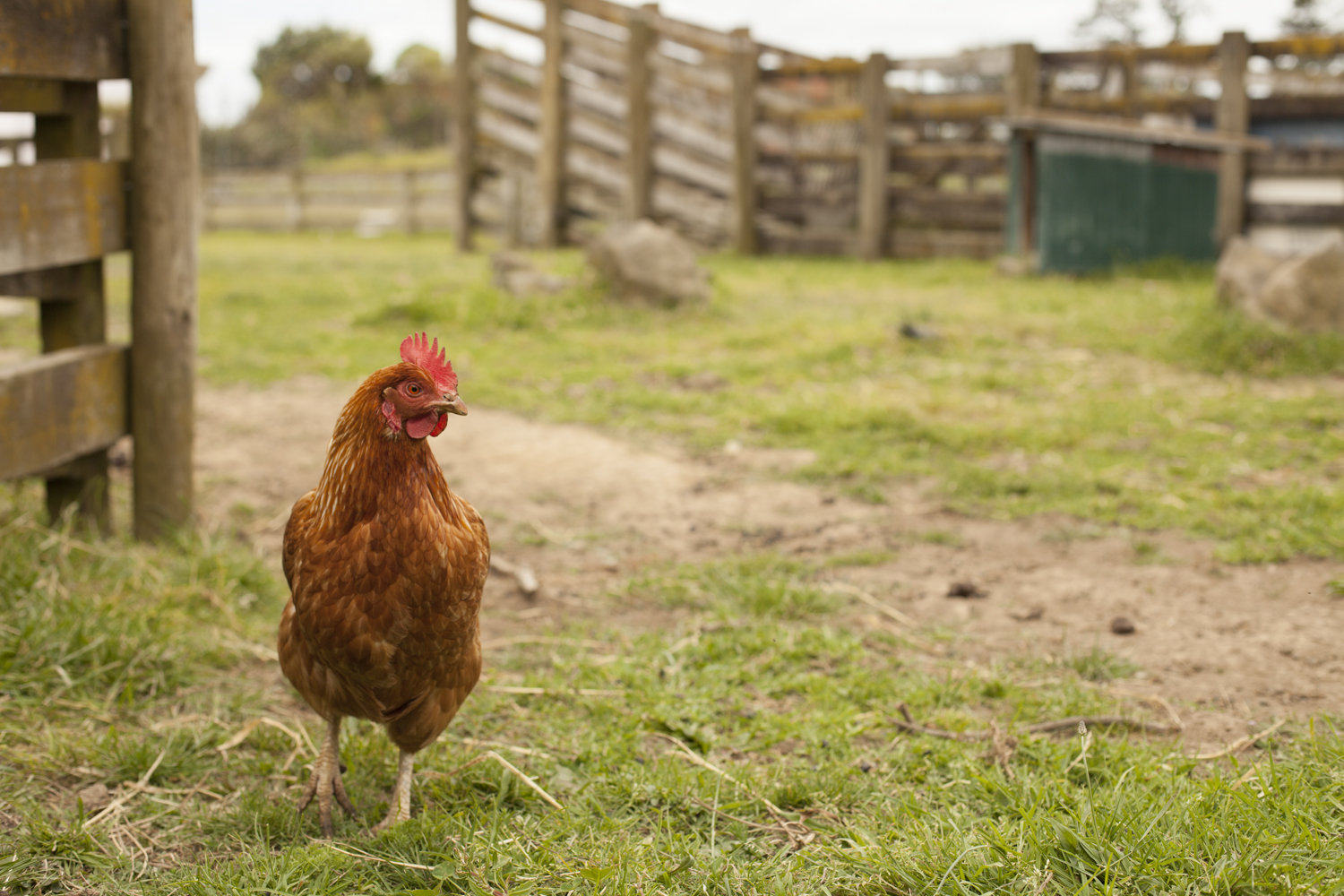 If your family are going away, try to find someone to care for and meet your chickens’ welfare needs within their familiar home.
If your family are going away, try to find someone to care for and meet your chickens’ welfare needs within their familiar home.








